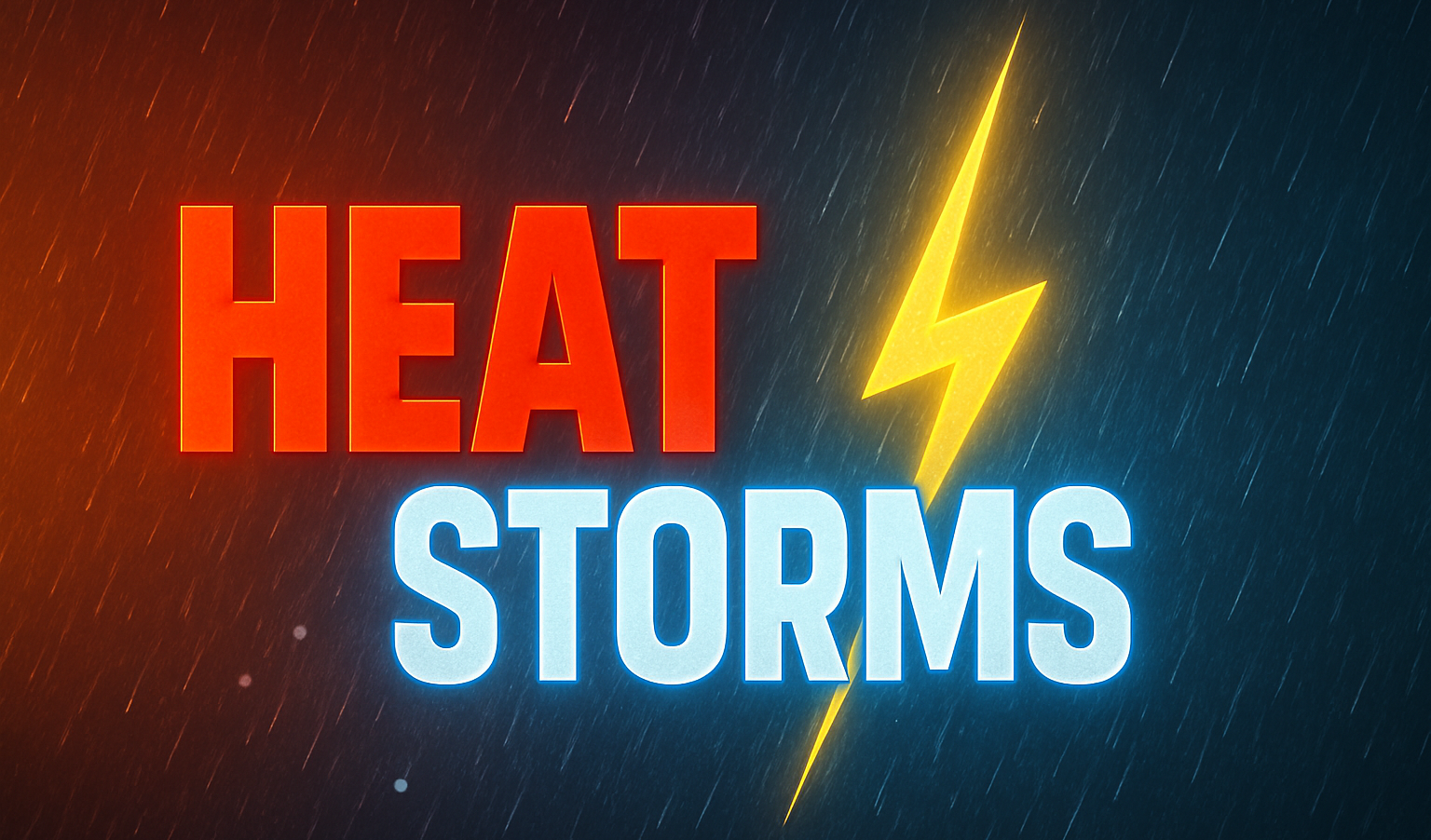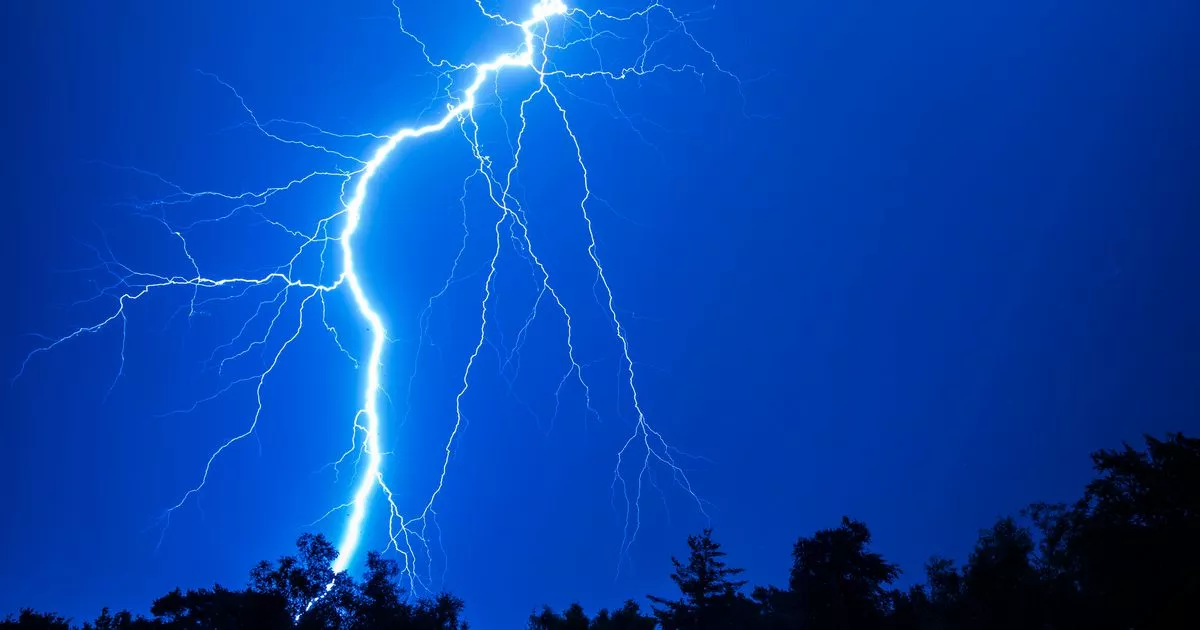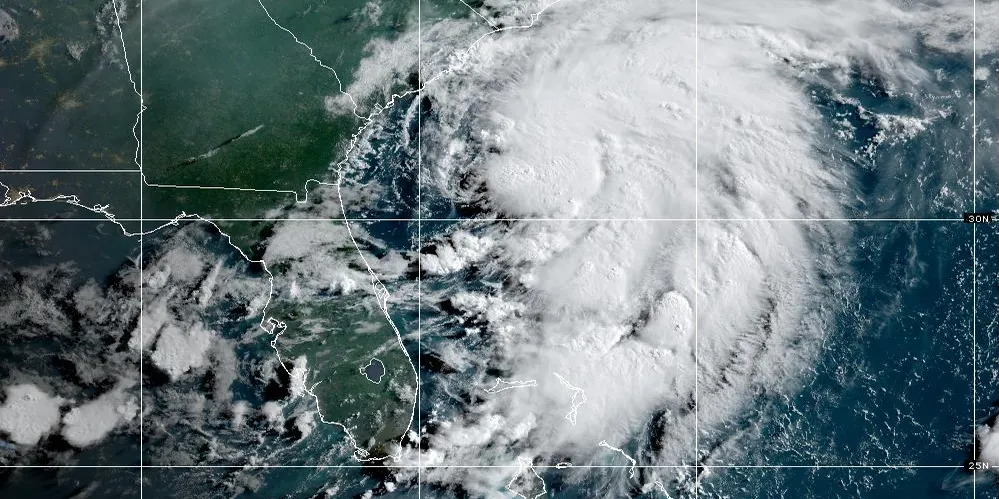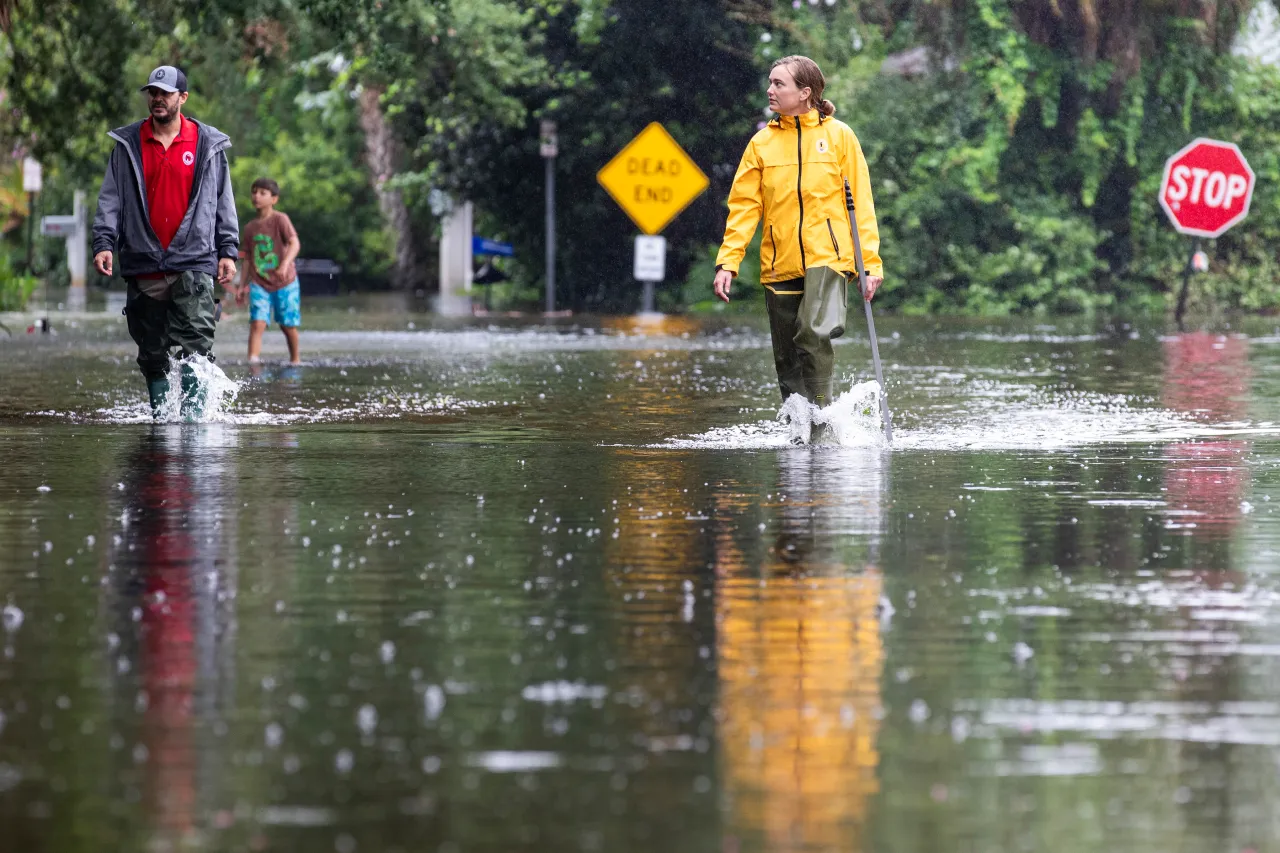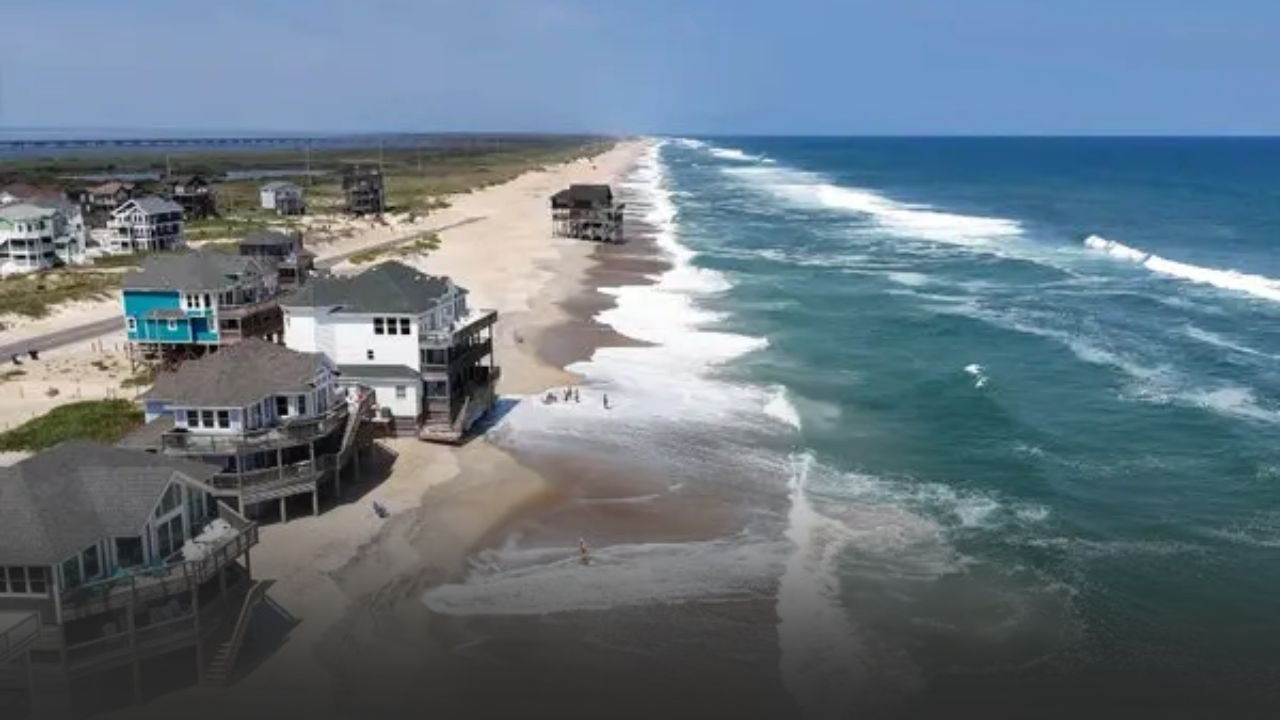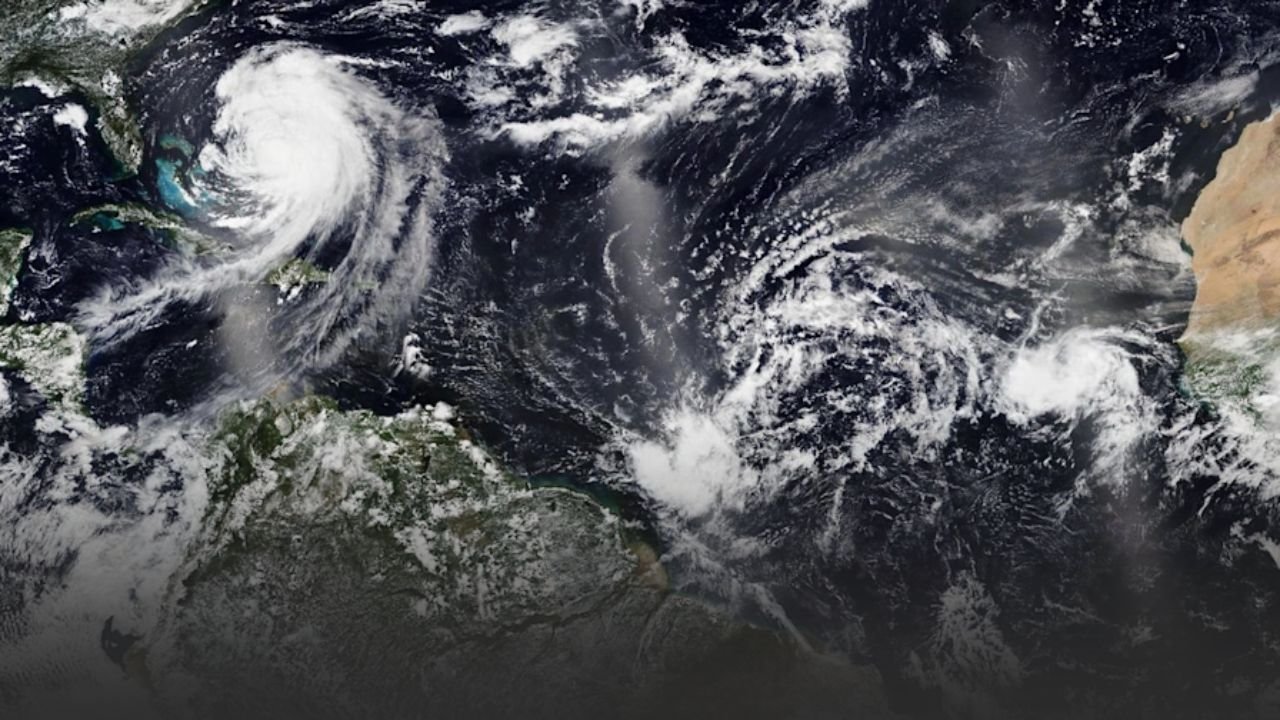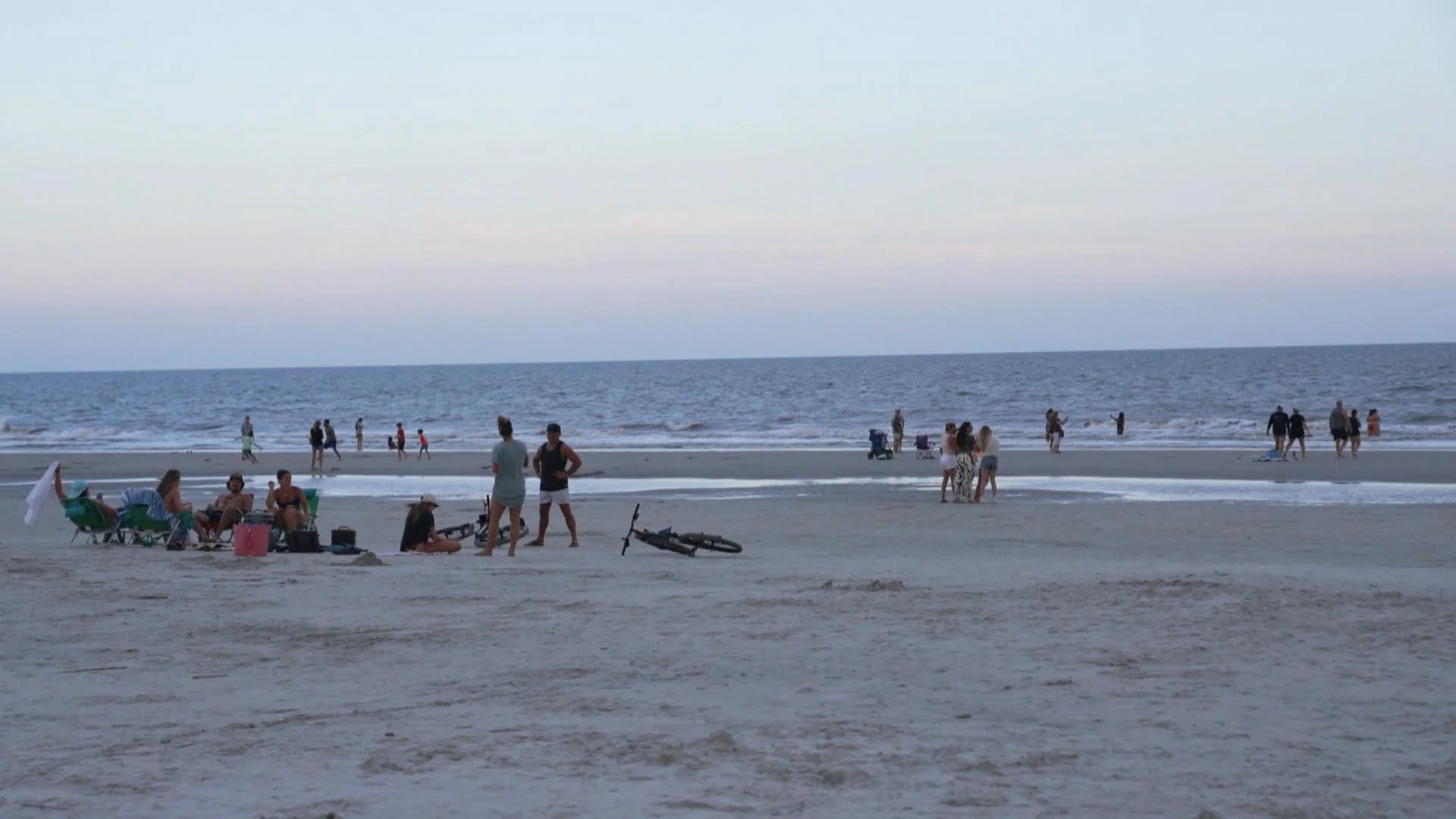GeorgiaThis Saturday, August 16, residents in North and Central Georgia are being warned to brace themselves for hazardous temperatures and isolated thunderstorms. High humidity levels could cause the heat index to jump to as high as 110 degrees in certain places, according to the Peachtree City National Weather Service.
Extreme Heat and Humidity Could Be Dangerous
Particularly in the southern and central regions of the state, uncomfortable heat index values are anticipated due to the combination of hot air and excessive atmospheric moisture. In response, metro Atlanta and the surrounding area are under a Code Orange air quality alert issued by the Georgia Environmental Protection Division.
Since the air alert is in force from 11 a.m. to 11 p.m., sensitive groups, such as elderly individuals, small children, and those with respiratory conditions, may find the outdoor air harmful.
Thunderstorms May Provide Relief Or Additional Risk
Even while the intense heat will make the news, scattered thunderstorms are also expected to form during the afternoon and evening around the state.
The Cobb County Courier reports that the storms may bring lightning often, gusty winds, and brief but heavy rains. Long-lasting downpours can cause localized flooding in certain places.
How to Stay Safe in High Heat and Storm Conditions
Ahead of this weekend’s severe weather, emergency management officials are advising Georgians to exercise caution. Some pointers are:
-
Stay indoors
during the hottest part of the day, especially between noon and 6 p.m. -
Hydrate often
even if you re not thirsty. -
Avoid strenuous outdoor activity
and seek shade when outside. - Keep pets indoors and never leave children or animals inside parked vehicles.
-
If storms develop,
move indoors immediately
and avoid using electrical appliances.
No Widespread Weather Hazards for the Rest of the Week
Forecasters anticipate a return to more normal summer weather for the rest of the week, despite Saturday’s potentially dangerous conditions. Although there won’t be as much humidity or chance of strong storms, temperatures will still be high.
As of right now, there are no more warnings in effect past Saturday, but meteorologists are still keeping an eye out for any trends that might indicate the next possible heat surge or storm system.
The National Weather Service or local emergency notifications should be used to keep residents in affected areas, particularly those in Metro Atlanta, Macon, Athens, and Augusta, informed of any heat advisories or storm warnings.
Has there been any recent flooding or severe heat in your area?AtSaludaStandard-Sentinel.com, you may share your story and safety advice with other community members. Together, let’s remain informed and secure.
